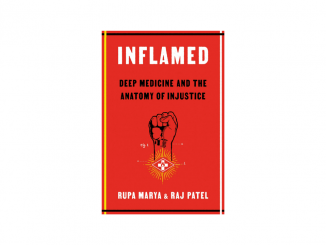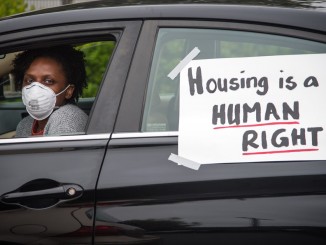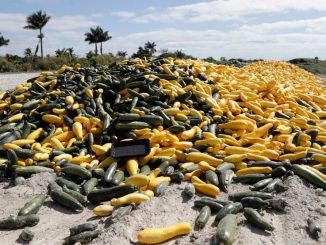
Now that a couple of vaccines have been approved for emergency use authorization by the U.S. Food and Drug Administration (FDA), and healthcare workers have been receiving vaccinations in the first phase, other groups of individuals—like those aged 65 and older—are beginning to receive a vaccine for COVID-19. This should be a time for people to feel a sense of relief, but instead it’s been an incredibly disjointed vaccine rollout and has caused a lot of problems for those seeking vaccination.
Some people haven’t been able to schedule their second shots, which needs to happen in a very specific timeframe in relation to the first shot. This could force people to get their first shot for a second time. Another problem is how difficult it is for people to navigate county websites to find where they can get vaccinated and book an appointment.
But maybe the biggest problem facing us now is the dwindling supply of vaccines sent to counties. In California this past week, Los Angeles County public health director Barbara Ferrer said “…often, we do not know from one week to the next how many doses will be allocated to L.A. County.” In Solano County, health officials cite similar problems, saying that their supply of vaccines doesn’t meet the public demand.
Trying to achieve a responsible vaccination schedule for the public has been a logistical nightmare. Vaccine manufacturers, state and county health officials, hospitals and other healthcare institutions, and standalone pharmacies like Walgreens are working independently of each other, without clear and constant communication among all of the layers of the supply chain.
It’s obvious that we need to have a global coordinated effort to combat this virus, but the way our society is structured is severely hindering it. The system of capitalism discourages working communally and instead favors individualism and competition. So, is it any wonder that there’s been so many setbacks with the vaccine roll-out?
But COVID-19 isn’t the only crisis that requires a coordinated effort. There’s also climate change, global food insecurity, the housing crisis that leaves many without homes, and much more. This pandemic is forcing us to re-examine the way our society is structured, and challenging us all to fight for a world that truly values the health and safety of all.




